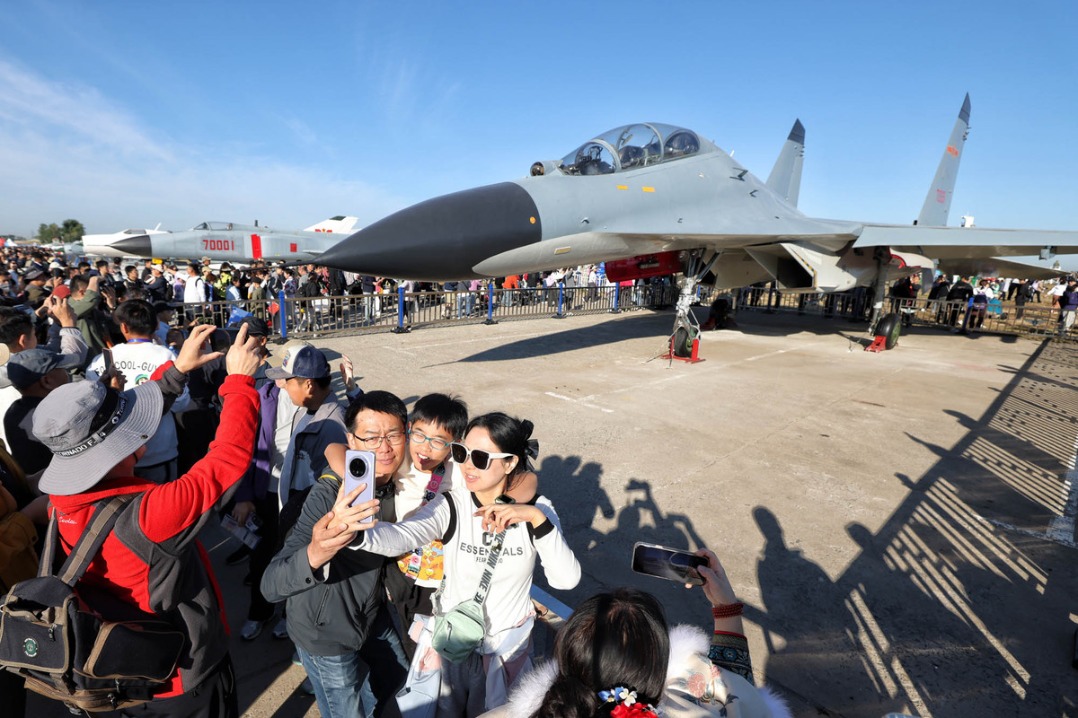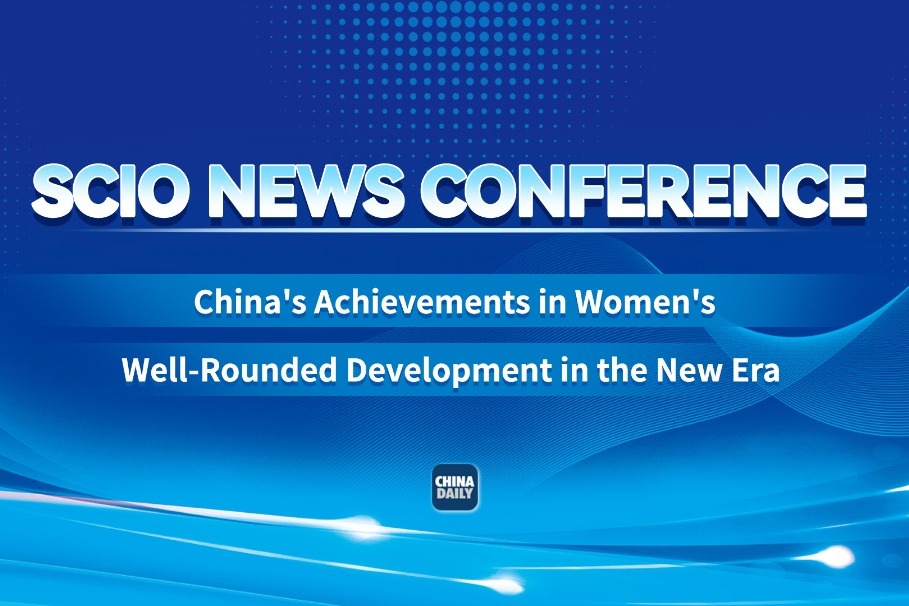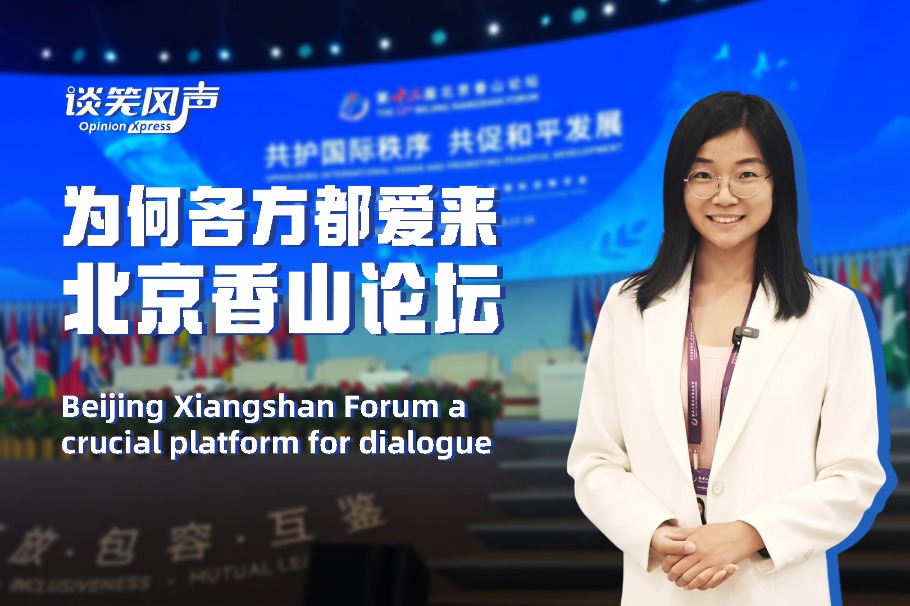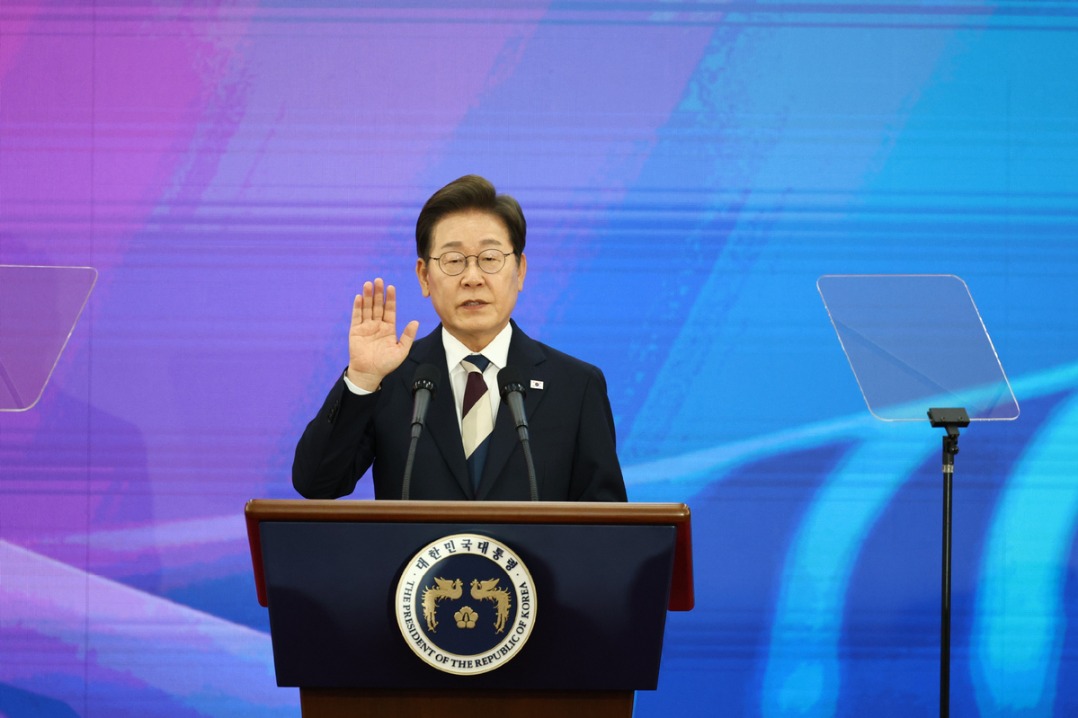China-Japan-ROK forum calls for cooperation amid uncertainty


Amid tariff wars and rising geopolitical rivalries, speakers at a China-Japan-Republic of Korea cooperation and development forum held in Beijing on Friday called on the three East Asian neighbors to look past their differences and work more closely to promote economic growth, boost their economic resilience, and amplify their collective voice on the world stage.
Together, China, Japan and the ROK account for nearly a quarter of global GDP and one-fifth of global trade. The Regional Comprehensive Economic Partnership has lowered tariffs and improved connectivity, but participants argued that a trilateral free trade agreement would go further — locking in supply chains and giving East Asia greater weight in shaping global rules.
Zhao Gang, vice-president of Beijing Foreign Studies University, said China, Japan and the ROK form one of the world's most dynamic economic regions. "As neighbors ..., their cooperation has the potential to reshape the global economic order," he said while addressing the opening ceremony.
Delivering his speech, Lee Hee-sup, secretary-general of Seoul-based Trilateral Cooperation Secretariat, said climate change, rapid advances in AI, demographic shifts and geopolitical tensions are reshaping industries. “Exclusive competition leads to shared decline, while cooperation with a sense of common destiny opens the way to shared prosperity,” Lee said. “This would stand as the only real alternative to innovation ecosystems led by the European Union and the United States.”
If the three countries were to combine their strengths, they could set 45 percent of global AI standards and account for one-third of clean energy technologies by 2030, he said.
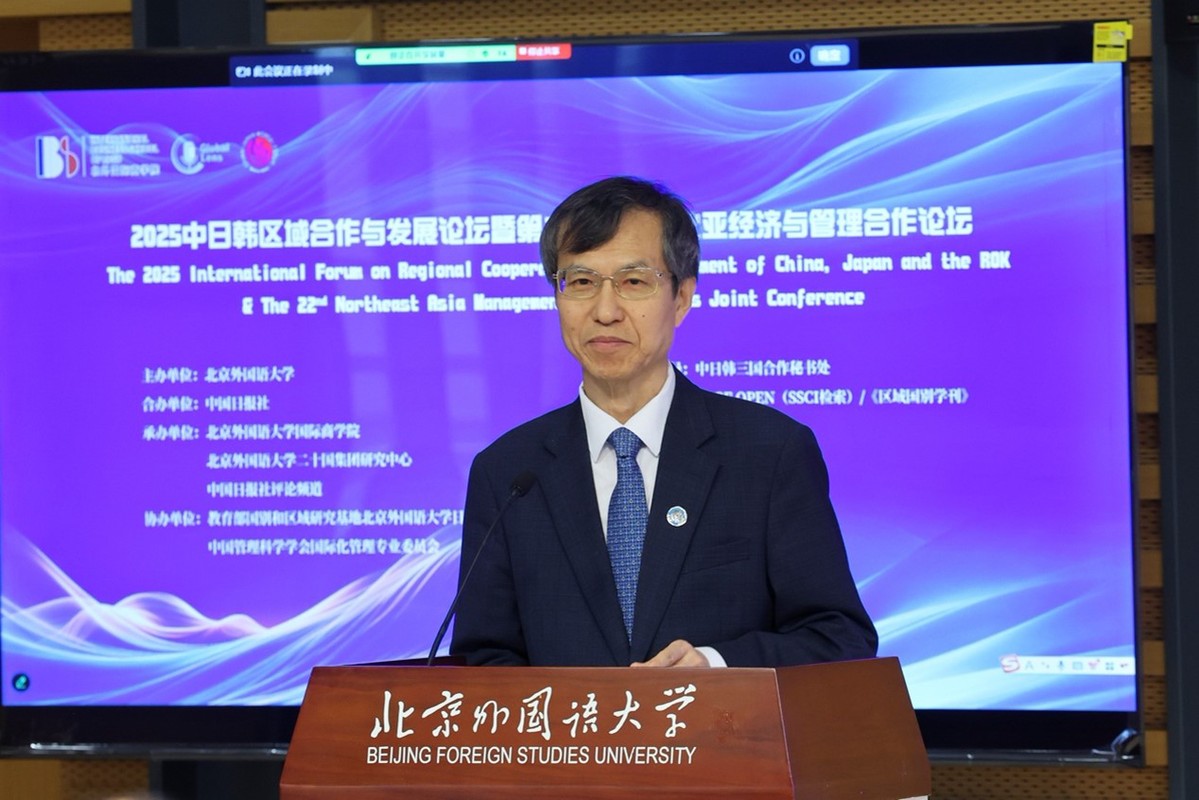
Lee's call for shared prosperity was echoed by the Chinese side. Xing Zhigang, an editorial member of China Daily, stressed that political frictions must not override economic logic, and warned that "decoupling" and "disrupting of industrial and supply chains" would harm all three countries.
He emphasized that the three countries' Spirit Word for 2025, "Future" ,signified the shared aspirations to move forward and boost cooperation despite differences.
"In many frontier fields such as AI, new energy and biomedicine, China, Japan and the ROK have complementary advantages," he said. "Strengthening cooperation is the only way the three countries can realize mutual benefit, and promote regional development."
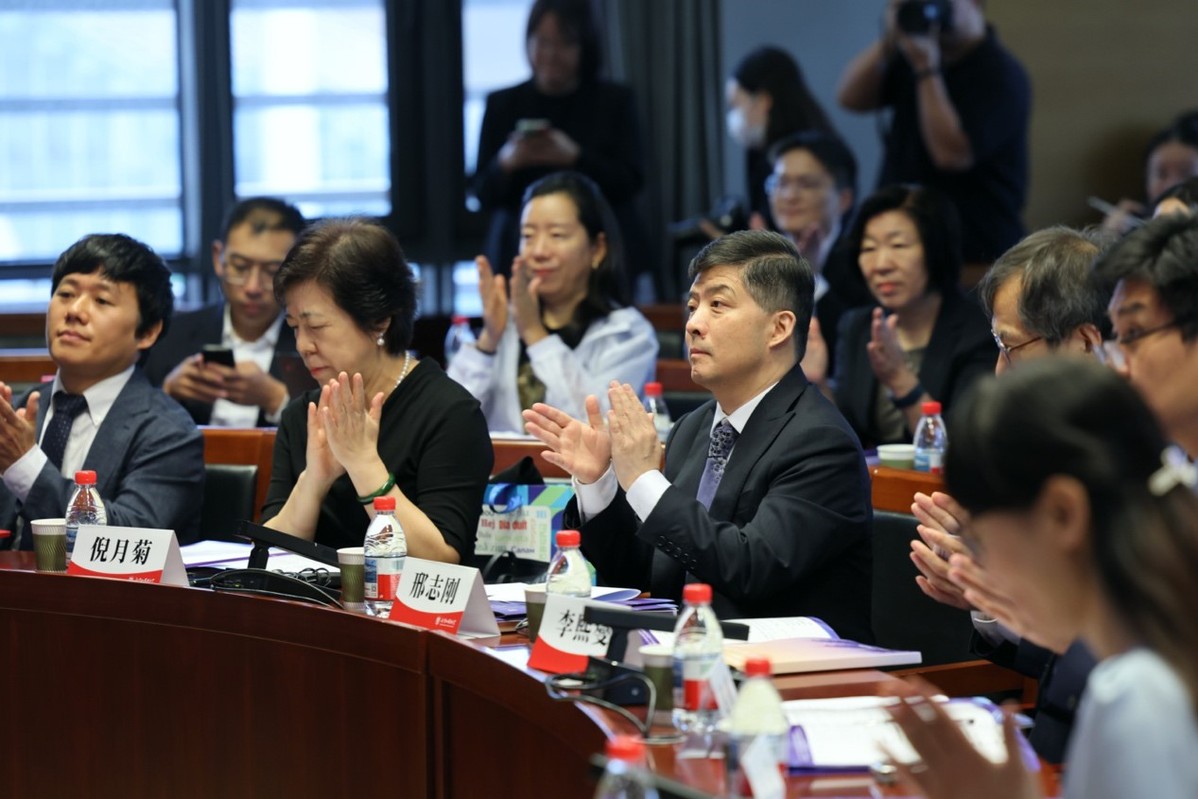
For Osamu Onodera, director of the Beijing Representative Office at the Japan External Trade Organization, said trilateral efforts fit into a wider Asia-Pacific vision of an "open, dynamic, resilient and peaceful community". The three countries have long thrived on open trade, he said, warning that rising tariffs and trade protectionism risk reversing decades of progress.
Kang Hogu, director of the Sino-Korean Economy/Social Institute, warned that Washington's demand for massive investment by the ROK in the US — under conditions such as handing over "90 percent of investment returns" and limiting the use of ROK workers — could severely damage the ROK's economy.
He argued that the ROK should not be overdependent on the US market, adding that cooperation with China offers a way to reduce risks. While competition is inevitable, Kang said, the real opportunity lies in emerging industries where demand is growing and space for joint innovation remains wide open.
Jointly held by Beijing Foreign Studies University and China Daily, the 2025 International Forum on Regional Cooperation and Development of China, Japan and the ROK brought together experts and opinion leaders from the three countries. Their speeches underscored both the urgent need for cooperation and the challenges ahead, as the three countries navigate a turbulent global economy.
The forum also released the Trilateral Academic Research Report on Industrial Cooperation, outlining key findings on regional collaboration.


















